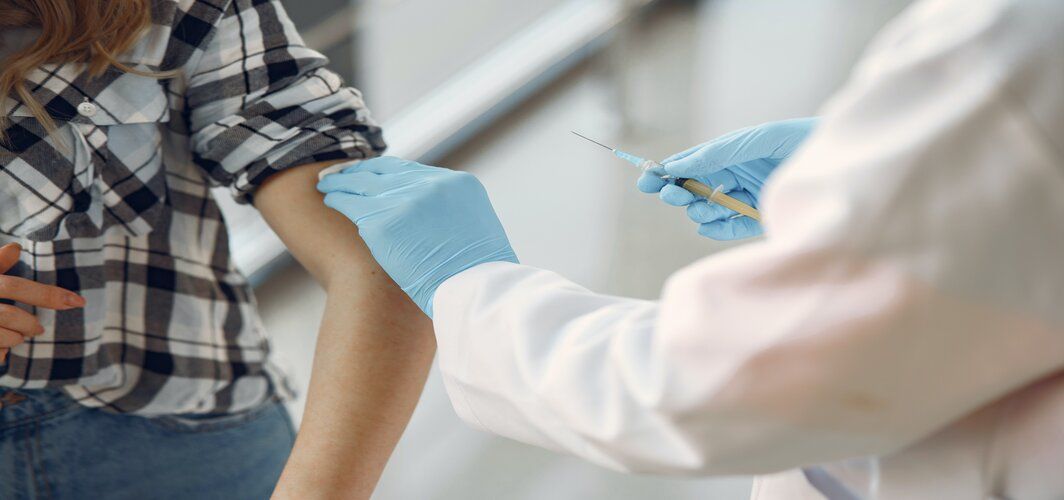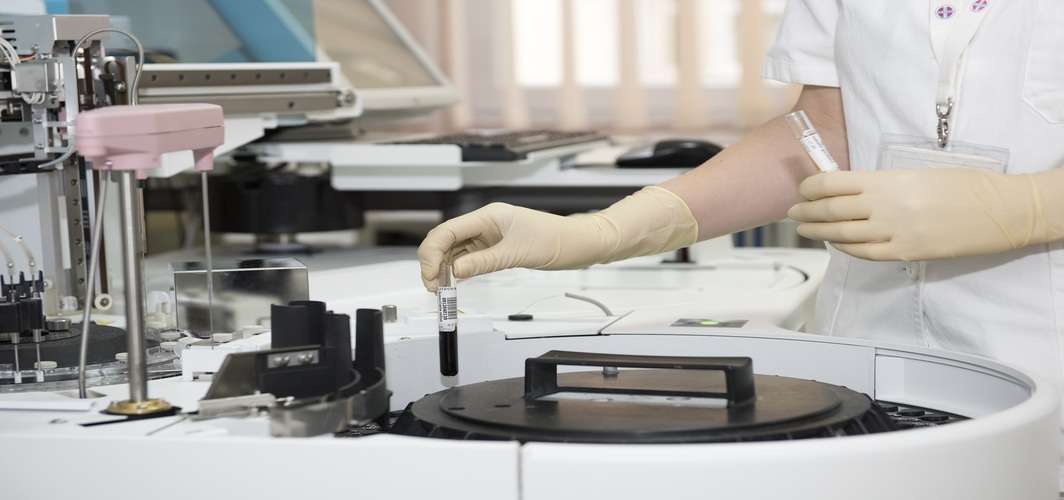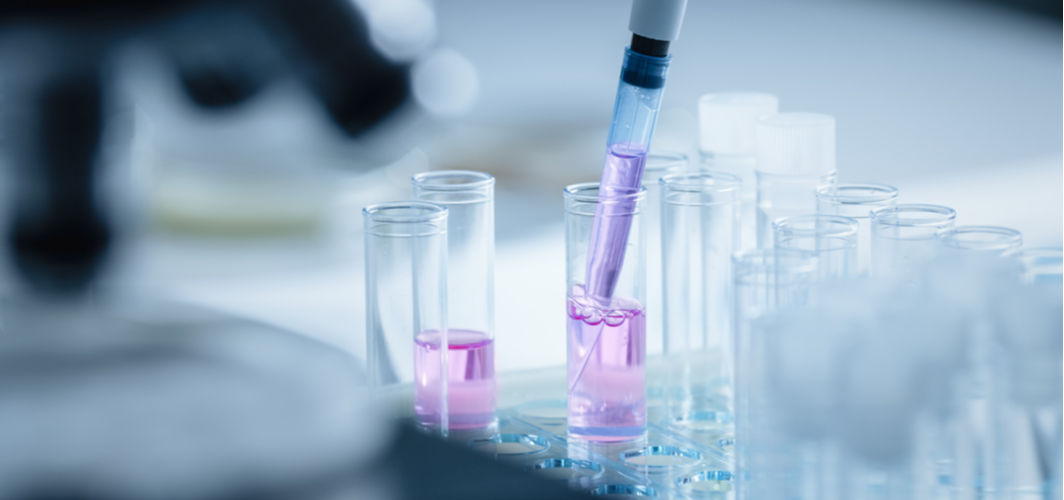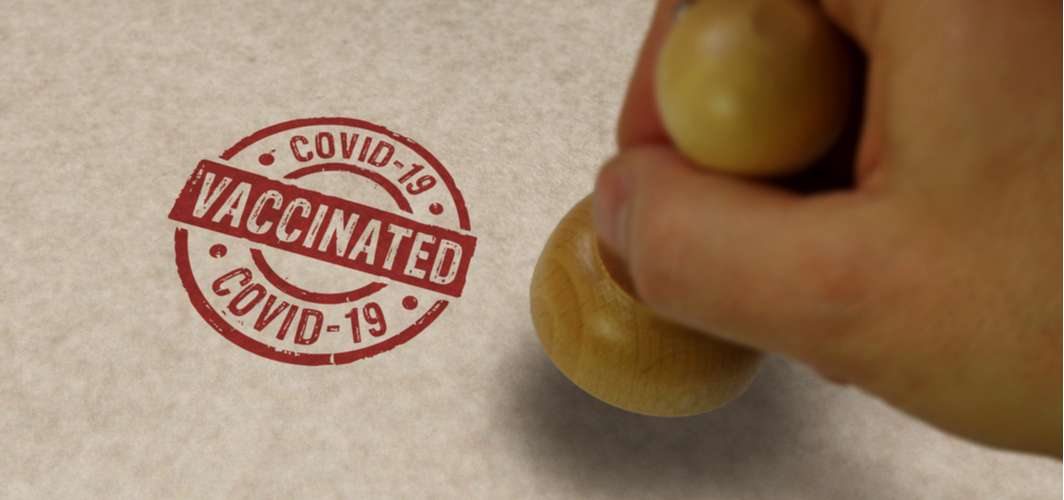COVID-19 Vaccines
Is a Covid-19 Vaccine Likely to Be out Soon?
7 min read
By Apollo 24/7, Published on - 07 September 2020, Updated on - 18 October 2022
Share this article
2
15 likes

Global efforts are underway to develop and bulk produce an effective COVID-19 vaccine to counter the highly contagious novel Coronavirus. Governments, in coordination with organizations like the World Health Organization (WHO), are investing substantially to accelerate the development of COVID-19 vaccines. Governments and experts across the world maintain that unless people develop antibodies either through infection, herd immunity, or vaccination, things will not return to normalcy. Hence, an effective Coronavirus vaccine is the need of the hour to protect the global populations and restart their economies.
What are the latest developments on COVID-19 vaccines?
The WHO launched the ACT (Access to COVID-19 Tools) Accelerator in April 2020 - a global collaboration to expedite the development, production, and access to vaccines, tests and treatments for COVID-19. Global health organizations, governments, businesses, scientists, philanthropists, etc. have joined hands as a part of the ACT Accelerator initiative to control the pandemic and end it gradually. The Global Alliance for Vaccines and Immunizations (GAVI) in the model of public-private partnership, has become the co-alliance of the ACT Accelerator to make the approved COVID-19 vaccines available to the poor or underdeveloped countries. Recently, the WHO has also initiated the COVID-19 vaccines Global Access (COVAX) Facility in many countries to support the COVID-19 infected populations.
What are the guidelines for COVID-19 vaccine approvals?
According to the recent guidelines issued by the U.S Food and Drug Administration (FDA), a potential COVID-19 vaccine should at least have a 50% efficacy rate. A sponsor or manufacturer who applies for the new vaccine has to submit an Investigational New Drug Application (IND) to the FDA. In the application, the description of the vaccine, the manufacturing method, quality control test, and information about its safety and efficacy to bring out a protective immune response (immunogenicity) when tested on animals, must be provided. Besides these, the proposed clinical protocol for testing the vaccine on humans must also be provided.
After the pre-clinical phase is conducted on the animals, the vaccine trials are conducted in 3 phases:
- Phase 1: In this phase, a small group of people (around 10 to 15) are given the trial vaccine to test the safety and its effectiveness to evoke an immune response.
- Phase 2: Once a vaccine passes the phase 1 trial, it is tested on a slightly bigger group of people (around 100 or more) who are vulnerable to the infection, COVID-19 in this case. The vaccine’s safety and immunogenicity are evaluated in this phase as well.
- Phase 3: In phase 3, the vaccine’s longer-term efficacy and safety are evaluated on a bigger population of volunteers (around 1000 or more). After getting approval for phase 3, the vaccine is available in the market for therapeutic use.
Some vaccines undergo a Phase 4 trial post its licensing, the results of which reveal its safety and efficacy in the general population under normal conditions.
Some of the vaccine candidates that are in the most advanced stages of development and clinical trials (Phase 3) have been listed below:
|
SN. |
COVID-19 Vaccine Developer/Manufacturer |
Type of vaccine candidate/platform |
Doses |
Route of administration |
|
1 |
Wuhan Institute of Biological |
Inactivated vaccine |
2 (0, 14 or 0, 21 days) |
Intramuscular (IM) |
|
2 |
Sinovac (China) |
Inactivated vaccine |
2 (0, 14 days) |
Intramuscular (IM) |
|
3 |
Moderna + National Institute of Allergy and Infectious Diseases (NIAID) (US) |
RNA |
2 (0, 28 days) |
Intramuscular (IM) |
|
4 |
CanSino Biological Inc (China) |
Non-Replicating Viral Vector |
1 |
Intramuscular (IM) |
|
5 |
University of Oxford + AstraZeneca (UK) |
Non-Replicating Viral Vector |
1 |
Intramuscular (IM) |
|
6 |
Gamaleya Research Institute (Russia) |
Non-Replicating Viral Vector |
2 (0, 21 days) |
Intramuscular (IM) |
|
7 |
Beijing Institute of Biological |
Inactivated vaccine |
2 (0, 14 or 0, 21 days) |
Intramuscular (IM) |
|
8 |
Pfizer + BioNTech (US) |
RNA |
2 (0, 28 days) |
Intramuscular (IM) |
Top candidates in the COVID-19 vaccine race
- Oxford - Astra Zeneca (UK): The Oxford University’s Jenner Institute and Oxford Vaccine Group have together developed the AZD1222 COVID-19 vaccine. The vaccine has been prepared from the weakened form of the virus which causes the common cold in the chimpanzee known as ChAdOx1. The vaccine has already entered the phase 2/3 trials in the UK, USA, Brazil, and South Africa. Recently, the Serum Institute of India, Pune has signed an agreement with Oxford, UK, and AstraZeneca for manufacturing 1 billion doses of its developed COVID-19 vaccine after approval. A single dose of the AZD1222 vaccine showed a 4-fold increase in the antibodies' development against Coronavirus in 95% of the enrolled participants after 1 month of the vaccination.
- Moderna mRNA-1273 (USA): This is the first USA based Company to get approval for developing COVID-19 vaccines in collaboration with the National Institute of Health (NIH) and the Biomedical Advanced Research and Development Authority (BARDA). This vaccine, named “mRNA-1273” began conducting its phase-3 trial named as COVE (Coronavirus Efficacy) study on July 27, 2020. In its phase 1 trials, the vaccine was tested on volunteers at the Kaiser Permanente Washington Health Research Institute in Seattle. Moderna has run phase 2 trials on participants of a wide range of ages and began phase 3 trials in July 2020 on around 30,000 volunteers.
- SPUTNIK-V (Russia): Russia received the world’s first COVID-19 vaccine approval in August 2020 for the SPUTNIK-V vaccine. The vaccine has been developed by the Gamaleya Research Institute in collaboration with the Russian Ministry of Defence. The clinical study of the SPUTNIK-V, as published in the journal Lancet revealed no serious side effects. Besides this, the level of developed antibodies in the vaccinated volunteers was about 1.5% greater than those infected.
- Wuhan Institute COVID-19 vaccine (China): This is the first COVID-19 vaccine candidate to get enlisted in the WHO’s Phase-3 trial. The vaccine has been developed by the Wuhan Institute of Biological Products in collaboration with the China National Biotec Group (CNBG) and Sinopharm Company. This vaccine produced significant antibodies in every participant in the Phase 1/2 clinical trials. After this, SinoPharm began its Phase-3 trials in July 2020 with 15,000 adults in Abu Dhabi (UAE).
- CORONAVAC (China): This inactivated Coronavirus vaccine has been developed by Sinovac Life Sciences Co. Ltd. from China. The results of phase 1 and 2 trials were found safe and in July 2020, it received approval for starting its Phase-3 trials in Brazil followed by Indonesia in August 2020. The vaccine also received approval from the Chinese Government for emergency use to vaccinate high-risk groups such as frontline healthcare workers.
- Ad5nCOV (China): This vaccine comprises of inactivated Adenovirus developed by China’s leading vaccine making company CanSino Biologics. The Phase 2 trials conducted on 603 volunteers were found safe and induced significant immune responses in the majority of recipients after a single immunization. CanSino Biologics is soon going to conduct its Phase-3 trials on around 5000 volunteers in Saudi Arabia. This vaccine candidate uses adenovirus type-5 (Ad5) to carry Coronavirus’ genetic material into the body.
- BioNTech and Pfizer mRNA COVID-19 vaccine: BioNTech and Pfizer Pharma are jointly developing this COVID-19 vaccine and are also partnering with Fosun, for trials in China. Phase-3 trials of the vaccine began in August 2020 with 30,000 candidates. The mRNA (genetic material) of the virus namely BNT162a1, BNT162b1, BNT162b2, and BNT162c2 is combined with the lipid nanoparticle (LNP) formulation.
India’s vaccine candidates for COVID-19
In the race for COVID-19 vaccines, India has got two candidates - Bharat Biotech and Zydus Cadila. The vaccines of these two Indian companies have entered the Phase-2 trials.
- COVAXIN: Bharat Biotech’s COVAXIN is India’s first indigenous vaccine against COVID-19 developed in collaboration with the Indian Council of Medical Research (ICMR) and the National Institute of Virology (NIV). The vaccine has recently received the Indian Government’s approval for phase 2 trials on 380 participants. The vaccine is an inactivated form of the Coronavirus. So far, no serious adverse events have been reported in the volunteers who were administered 2 doses of COVAXIN.
- ZyCoV-D: This DNA vaccine has been developed by the Indian-based pharmaceutical company Zydus Cadila. The clinical phase 1 of this vaccine was found to be safe and effective. Now, ZyCoV-D has received the government’s approval to conduct Phase-2 clinical trials. The vaccine is made of plasmid DNA which changes to virus protein thereby triggering strong immune response-activating antibodies.
Conclusion
Around 175 vaccine candidates have been registered in the WHO for pre-clinical trials out of which 34 are in Phase 1, 2, and 3 trials. To date, the USA and China have registered more than 50% of the total COVID-19 vaccine candidates. Chinese pharma companies like Sinopharm, CanSino Biologics, and Sinovac Biotech have already entered Phase-3 of the trials. Besides this, global pharma companies like AstraZeneca, Moderna, and Pfizer in collaboration with health research institutes like Oxford and government research departments have begun conducting Phase-3 trials in different countries. The COVID-19 vaccine is expected to available by the end of 2020. Until then, strict social distancing measures, wearing masks, hand hygiene, etc. have been advised to slow down the spread of the virus and contain the pandemic.
If you have any questions relating to Coronavirus, do an online doctor consultation with our team of experts.
Please note that this article is outdated.
COVID-19 Vaccines
Leave Comment
Recommended for you

COVID-19 Vaccines
Clinical Trials of COVID-19 Vaccines Explained
A clinical trial is conducted to primarily test new biological innovations such as medicines and vaccines.

COVID-19 Vaccines
Mixing Vaccines Could Boost Efficacy, Research Indicates
While both Covaxin and Covishield have proven their efficacy individually, a recent study has shown that the mix of both vaccines could be more effective against COVID-19 infection.

COVID-19 Vaccines
Why Young and Healthy Adults Should Get Vaccinated Against COVID-19
Experts suggest that unless a significant section of the population is immunized, the third and successive waves of COVID-19 will remain a possibility.
Subscribe
Sign up for our free Health Library Daily Newsletter
Get doctor-approved health tips, news, and more.
Visual Stories

COVID-19 Vaccine Roundup [22.03.2021]
Tap to continue exploring
Recommended for you

COVID-19 Vaccines
Clinical Trials of COVID-19 Vaccines Explained
A clinical trial is conducted to primarily test new biological innovations such as medicines and vaccines.

COVID-19 Vaccines
Mixing Vaccines Could Boost Efficacy, Research Indicates
While both Covaxin and Covishield have proven their efficacy individually, a recent study has shown that the mix of both vaccines could be more effective against COVID-19 infection.

COVID-19 Vaccines
Why Young and Healthy Adults Should Get Vaccinated Against COVID-19
Experts suggest that unless a significant section of the population is immunized, the third and successive waves of COVID-19 will remain a possibility.